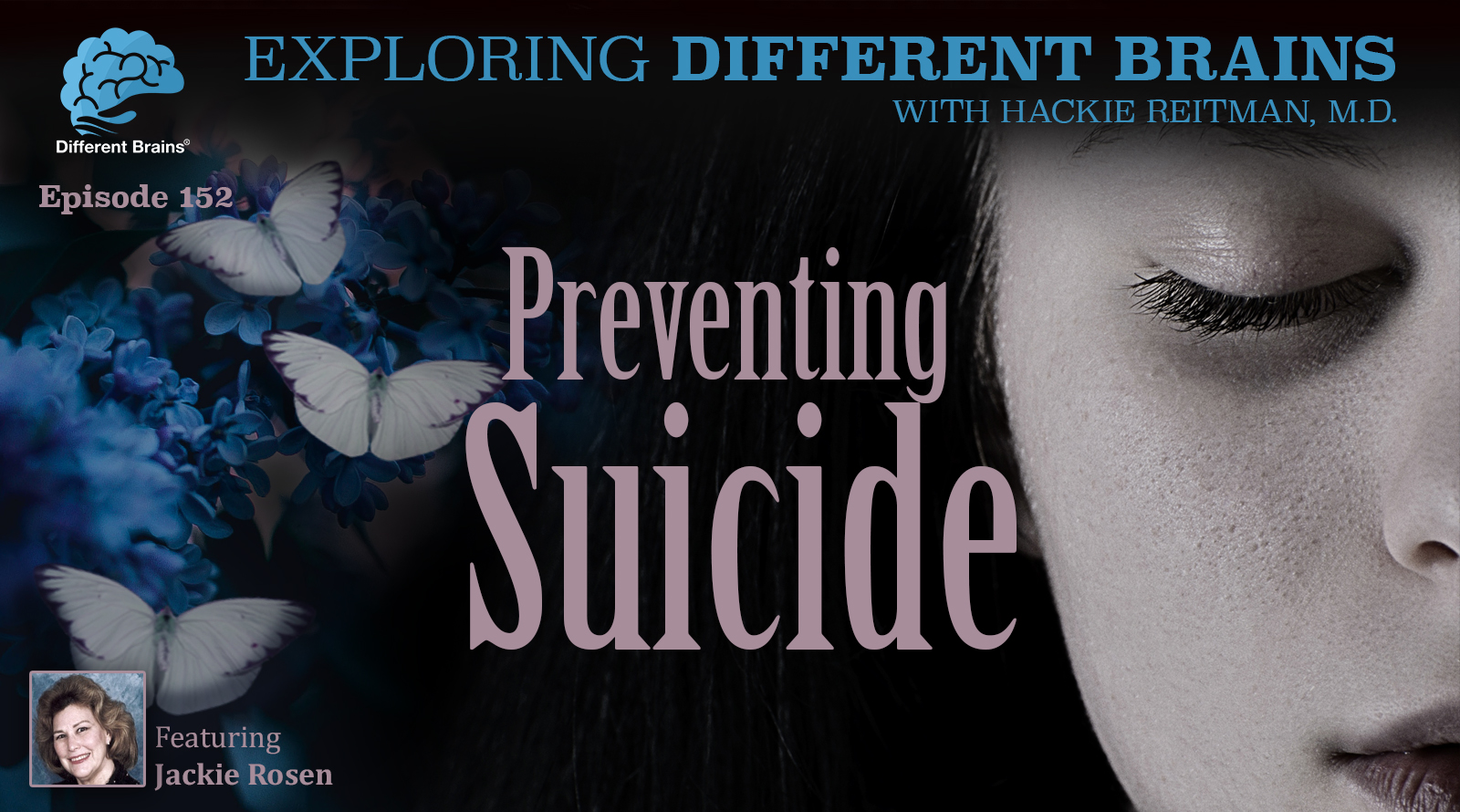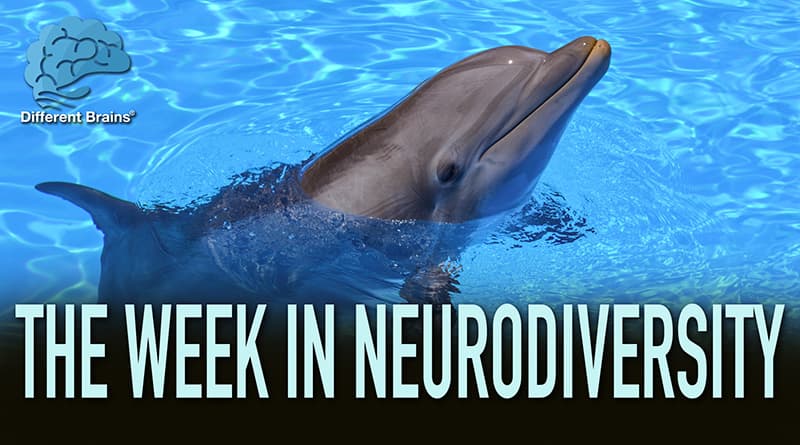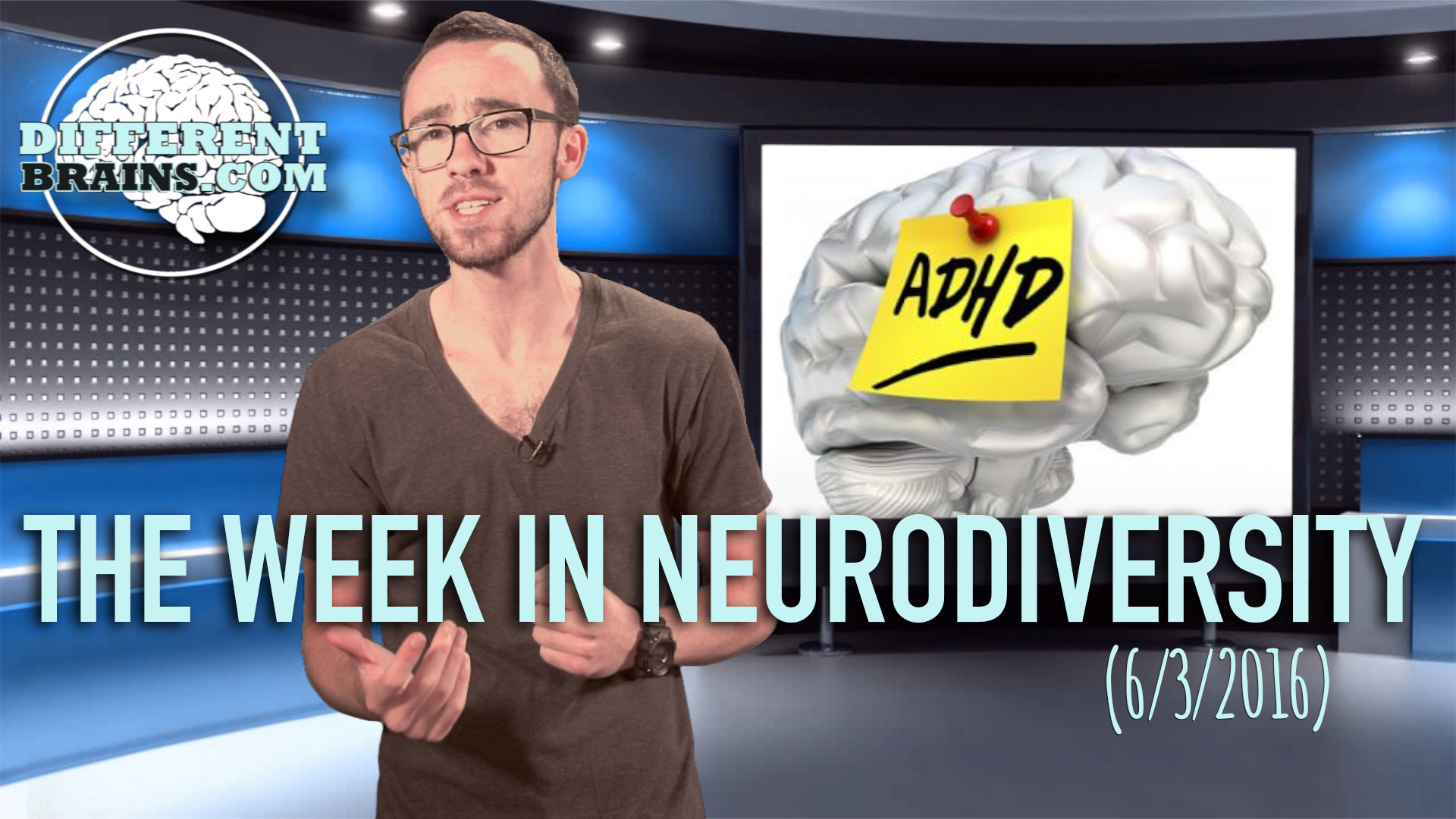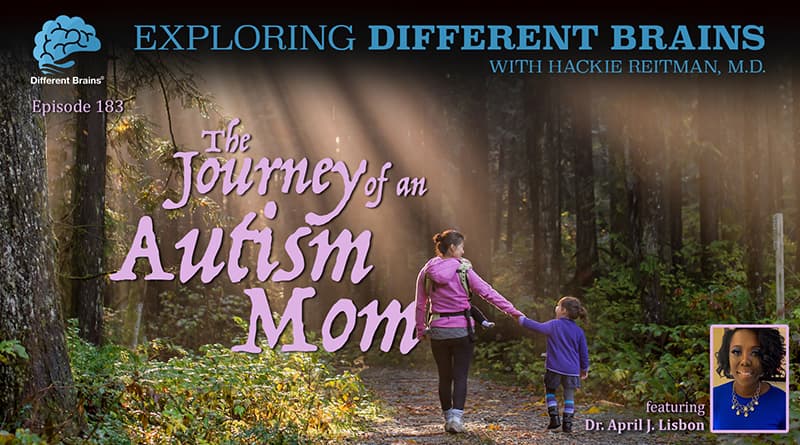
Preventing Suicide, with Jackie Rosen of FISP | EDB 152
In this episode, Dr. Hackie Reitman speaks with Jackie Rosen, CEO and Executive Director of the Florida Initiative for Suicide Prevention (FISP).
In 1986, Jackie’s 24-year- old son Mitchell Allen Rosen died by suicide. Since then she has become a tireless advocate for suicide prevention, and for supporting those left in its wake. She is also the author of “The Butterfly on my Shoulder.” Jackie discusses her story of dealing with the grief of losing her son, the warning signs people should watch out for in their loved ones, and the best ways to help someone that may be at risk for suicide. (24 minutes)
For more about FISP, or to buy a copy of “The Butterfly on my Shoulder“: https://fisponline.org/
To listen or download the podcast version of this episode, see the embedded player below.
Or look for us on your favorite podcast provider:
Apple Podcasts | Stitcher | SoundCloud
TRANSCRIPT
[expand title=”Click here to view full transcript”]HACKIE REITMAN, M.D. (HR): Hi I’m Dr. Hackie Reitman welcome to another episode of Exploring Different Drains. Today we are so lucky to have with us right here at our Different Brains offices Jackie Rosen who’s the CEO and executive of the Florida Initiative for Suicide Prevention. Jackie welcome!
JACKIE ROSEN (JR): I am so happy to be here. Thank you.
Jackie’s history
HR: We’re so happy to have you it’s so great to see you. You know you’ve got such an interesting history and I’m going to turn it over to you right now. How does a nice girl like you get into doing the wonderful work of The Suicide Prevention Initiative
JR: In 1986 we lost our son to Suicide he was 24 years old we had done supposedly everything that you should do we had him in therapy, was on medication, we didn’t let him out of our sight and we went to bed one night and got up the next morning and he had left the house. Day and a half later they found him and he had died by suicide. I decided at that point that I needed a great deal of help and my husband and the whole family. So we went to a support group with the Compassionate Friends which is a national and international group of people who have lost children by any means. There was a group up in Fort Lauderdale and there was one in Miami and we lived in Miramar at the time which was right in between. With a friend I had met at the group we started a group in North Miami. When started that group which I was running, there were five families would all lost 24 year old children by suicide in that group was five families would end up out in the parking lot after the program talking about the differences between our kind of grief from suicide and the general grief from other means and there were some people in the group that made pretty heartbreaking comments to us, oh your child decided to die mine didn’t mind I had no choice. Well that didn’t work out too well did it. So we got together and we formed a group which today it is known as the Florida Initiative for suicide prevention and we supply all the things that we thought people needed who were grieving and extended it out to other programs that would prevent people from getting to that point specifically children.
So we have five support groups for people who have lost a loved one by Suicide we have our upcoming International suicide healing day which is November the 17th which we have every year conference we have people come in. We help the people with information and referrals also have a program that started many call the sun program Solutions Unlimited Now which teaches problem-solving because we felt that problem solving is one of the biggest problems with people getting hopeless and helpless. They don’t feel they can solve or cope with their problems. We taught all of the counselors in Miami-Dade and Broward schools how to run the program. Unfortunately there was no time for the program. I came up with an idea of creating a club and after school club that incorporated that program and other things that kids needed to work through. What we’ve done is we’ve created a safe place to go after school they have a teacher in the room but the kids actually run these clubs and they talk about problem solving, coping skills, Suicide Prevention, bullying, substance abuse, communication skills, how do you handle loss and it goes on and on and on. There’s 32 weeks of curriculum at the end of the year they produced a Hugs for Hope event where they take what they’ve learned and they decide how they’re going to prevent it and they share it with the entire School. We now have 50 schools.
HR: Wow 50 schools
JR: And it’s growing faster than we can do it because we need more help, we’re very small organization so we’re looking for partnering with other organizations for Grants and so forth so that we can really expand it. My dream is to have one in every school, middle, high school and the lower grades of Elementary School in the entire state of Florida
Butterfly On My Shoulder
HR: Can you tell us about your book I see the butterfly on your shoulder. First give us the reason for the name and then tell us about the book my name is that my son would come home everyday and walk into wherever I was and put his hands on my shoulder and rub my shoulders and say Mom how was your day I loved Butterflies from the time I was a little kid I used to collect them and butterflies symbolize the change from one form to another we know that energy Never Dies so that’s his energy, my shoulder and I carry him with me always. when I was going through my grieving process I could not sleep, I’d get up and I would start to write you know if it came out in poetry so I would write three poems a night and then I could go to sleep helped me be free of the frustration that I was feeling and I recommend to all of our survivors that they write even if nobody ever sees it let them know because when I started to put the book together for a long time we put the poems and newsletters and other newsletters. I’ll tell you a story about that. When I started to put them together and someone says please put them in a book a friend of mine who writes children’s books read to me what are you going to call the book? I said well I always wear a butterfly on my shoulder and she said that’s the name of your book
Helping people at risk for suicide
HR: What do friends and family do to help someone going through suicidal thoughts and what does the person themselves in many cases nowadays what’s the cookbook what do we do?
JR: Very interesting I do trainings and presentations on suicide prevention intervention and post-vention. How do you recognize the suicide possibility, how do you intervene to stop that person from dying by Suicide and what do you do to help the family afterwards there’s the question that you asked me the way that you stop someone from doing it my favorite word about that is listen, people who are at that point in life where they feel that they have no other answers they’re helpless and hopeless the way they feel, and the research shows they feel like they are a burden to those in their lives, to the world, they have no self-worth, the world would be better off without them so that’s one of the things, they lose their fear of dying. They don’t fit in that’s how they feel. I use another example that you were burned over 80% of your body go to the hospital and everybody knows how painful burns are and the doctor walks in and says to you, not sure how to tell you this all the pain medication in the world has been destroyed we don’t know if we’ll ever be able to make it again I can’t tell you how long you’re going to be in this pain if there’s ever going to be any relief or if you’re going to live this way for the rest of your life. My question is what would you do? The next step is intervention what do you do when you think somebody or how do you know somebody is at that point in life. There are 20 signs of suicide that we hand out to everybody and anybody including the changes in sleep habits, eating habits, not taking care of themselves feeling helpless and hopeless and all of these signs that you look for, and again listen people that are at that point in life let someone know what they can look for. I hear this all the time about things which drives me nuts oh they’re just being a teenager, they’ll get over it, it’s part of the growing up process, you got to listen to really what they’re saying and know what to look for and those three things of feeling that you’re a burden, that you have don’t fit in, and losing your fear of death. Those are the three things that they feel. The world would be better off without them.
So you intervene, what do you do? The first thing you have to do is sit down and say you know you haven’t seemed like yourself lately something going on, would you like to talk, you know I’m here for you, I’ll listen and don’t judge, don’t make judgments, don’t tell them how to feel, you just let them vent and very often that venting shows the clues that you need that something is majorly wrong. There are five questions you ask a person when you think they’re in trouble; do you feel that you’re going to harm yourself, do you feel that you’re going to die by Suicide, and number three have you made a plan how do you would do it, number four do you have what you need to carry out the plan, and number five or you if you decided when you would. Yes to any of those questions you don’t leave that personal alone you get them help right away. it’s urgent it’s because you don’t know how long it will take them to go from I have a plan to carrying out the plan.
HR: Thanks to Jackie’s work partly due to that the Florida Board of Medicine has now made it mandatory for anyone who’s getting or renewing their medical license to take and pass a suicide prevention course.
JR: We’ve been we’ve been begging for that for many many years and so that’s one of the things and they’re starting to regulate the doctor when they go in for a check-up do a suicide assessment they know what’s going on in fill out a suicide survey and then you know that you’re dealing with not what are the normal family doctor problems but you’re dealing with a multitude of different possible problems. For instance for years they treated substance abuse over here and mental health over here that’s a coexisting disorder if you don’t treat those its going to go over again and again and again and again because we don’t know if the substance abuse is a mental disorder or brain disorder if the substance abuse creates the brain disorder which comes first so we must treat both together or neither or neither of the symptoms will be cured.
Suicide and intervention
HR: What are the behaviors or actions where the medical professional or the family has to take out I’m going to call for lack of a better term Baker Act.
JR: Well the first thing is the answers to those 5 questions that’s when you think about Baker Acting I get calls at my office office where people are talking about being so depressed and we keep them on the line we’re not a hotline but we keep them on the line to get a feeling and ask them the five questions what’s happening and I will get somebody else in the office to call the police department and say to them we need you to go out and do a wellness check see if this person is okay.HR: The police will do that?
JR: Yes, I also do training for police for the crisis intervention trainings for the police officer in the crisis intervention training group and they go out for the crisis interventions and go to see.
HR: Are their specialist within the police?
JR: Yes, in Broward County there is more and more of our police are getting trained with CIT training Crisis Intervention training so they will go out and on one occasion the police officer called me and said okay you made the call the wife is asking that you come over now and see what’s going on and see if you feel that our assessment whether or not we should Baker Act and I said that’s your job but I’ll come and I’ll give support to the wife who’s going through this at the point but they make that assessment unfortunately Baker Acting is 72 hours unless somebody can be established to be at risk for hurting themselves or somebody else they have to answer as a police officer or is this person at risk of hurting themselves or somebody else. So that’s the question that we asked as well.
HR: Let’s say all efforts and prevention have failed and now a family has had the unfortunate experience of someone might be young committing suicide.
JR: Let me stop you right there I ask you in my son’s memory not to say committed suicide again died by or died of. Do you say somebody commits cancer?
HR: That’s a great point and I stand corrected I’ve learned something important today. You change the stigma change the feeling you changed all of the feeling and the discussion about suicide because we emphasize the fact that suicide is due to a brain disorder or disease it’s an illness like every other illness, we have now scans that show the changes we have ways of seeing the chemical changes and the way that the things the lights up in the brain, the way that the neurons are transferring information we now can see that.
HR: What’s the proper way to say it?
JR: The proper way to say it is died of or died by just like cancer.
HR: Understood.
JR: Committing is a terrible word to connect to an illness
HR: What do you say to the family?
JR: I am so sorry for your loss or you don’t say call me when you need me go over to the house be there with them ask them if they need their laundry picked up or if they need you to go to the food market… Be there for them. That’s the most important thing that you can do for somebody who’s grieving for any means but especially with suicide because what happens is many people run away they are afraid to say your loved one’s name because they think they’ll make you cry they don’t know how to deal with the whole idea of suicide they don’t know even how to say die of or died by so they run away.
Living with loss
HR: Can you try for audience to describe from your personal subjective perspective – it’s not an objective or it applies to everybody – but just from your point of view… it’s been from 1986 and now it’s 2018… your feelings?
JR: I say to my people you never get over it but you learn how to live with it. And you have a choice of making it productive in some way or staying in the dark for the rest of your life. I tell time to find something that brings joy to them about their loved one. With me butterflies. Every time I see a butterfly hi Mitchell my friend see a butterfly hi Mitchell. Find that one thing that connects you to that person that brings joy not the bad memories not the hurt not the guilt not the eggs and the pain but the good memory. Connect that to your daily life in some way so that every time you see the sunrise, every time you see an ocean, every time whatever that connection is you are able to feel the goodness that you shared with them. That’s one way of trying to make it and I call that taking a tragedy in and making a Triumph out of it. So that’s what I did with the book in a lot of ways I shared all the feelings that I had in the book and people who read it who have lost someone understand somebody’s out there that understands me, I am not alone. That is one of the biggest things that people who have lost someone by Suicide feel because for many years nobody talked about it. So they felt alone they feel the guilt why didn’t I do this, why did I do that, what if I had. Fortunately we had done all the things we were educated and it still didn’t help save his life there were some things that happened that we had no control over. I say to the people that I help I get more from helping you then you get from my help that’s where it is that’s what I’ve done to deal with it.
HR: Beautiful beautiful the Florida Initiative for Suicide Prevention what do you find is your biggest challenge.
JR: Money it’s as simple as that. People hear the word the Florida Initiative for Suicide Prevention they’d rather give to the cancer fund or to this fund or to that fund because they don’t always relate to it but they don’t understand that in the State of Florida are funding for mental health we are the 49th out of 50 state we were 50th no funding spent for mental health they don’t understand that every 3 hours there’s a suicide in the United States and every 30 seconds there was an attempt. This is one of the biggest health problems in the world but in the United States it’s huge. If we don’t come somewhere to find an answer to help people understand that this is a disease or a disorder that needs to be treated like any other disorder that needs the research, that needs the medications, that needs somebody to say okay I’m going to take this one and I’m going to make a difference, we’re going to keep on losing kids. One of the things that we have research on now is social media, social media is one of the biggest causes of students getting quote helpless and hopeless and dying by Suicide. The thing is I believe tremendously in the change of our society and the way it treats people the nastiness and division has been a major problem and I think that through the social media that’s being emulated and it’s being pushed and it’s hurting so many people, so many people.
A piece of advice
HR: What is one piece of knowledge and advice you like to give to our DifferentBrains.Org audience?
JR: There’s three words that I use… three groups of words: be aware, care, and share. Share the knowledge you learn. Be aware so that you know when somebody is in trouble. And care enough to do something
HR: And just like Jackie Rosen we should all learn to listen more. Listen More. How can people find out more about what you do?
JR: Go on our website fisponline.org. F-I-S-P Online dot org. Or, call us at 954-384-0344. You can find out all about us, and how we’re helping kids in fifty schools not get to the point where they feel they have to die by suicide.
HR: Jackie Rosen it’s been a pleasure you here on Exploring Different Brains and thank you for coming to our office is here at differentbrains.Org and keep up the great work that you do with the Florida Initiative for Suicide Prevention.
JR: Thank you so very much Doctor Hackie.
[/expand]



